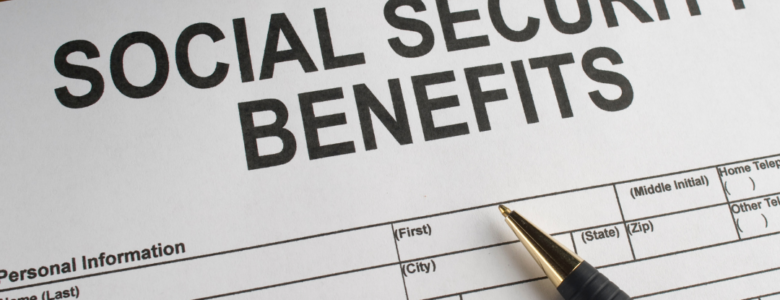Reverse mortgages provide seniors with a financial lifeline by tapping into home equity. However, concerns often arise about the impact on other income sources, like Social Security benefits. In this brief blog, we’ll delve into how a reverse mortgage may affect Social Security, guiding seniors in making well-informed financial decisions.
Understanding the Basics:
A reverse mortgage is essentially a loan that allows homeowners aged 62 or older to convert a portion of their home equity into cash. The loan is repaid when the homeowner sells the home, moves out, or passes away. Social Security benefits, on the other hand, are government-provided financial assistance for retirees.
No Direct Impact on Social Security:
The good news is that a reverse mortgage does not directly affect Social Security benefits. These benefits are calculated based on your earnings history and are not impacted by the funds received through a reverse mortgage. So, seniors can typically enjoy both a reverse mortgage and their Social Security income simultaneously.
Consideration for Medicaid Eligibility:
Although Social Security remains unaffected, it’s essential to consider Medicaid eligibility. Medicaid, a joint federal and state program aiding medical costs, bases eligibility on income and assets. Funds from a reverse mortgage may affect Medicaid qualification. Consulting a financial advisor is advisable to comprehend implications and plan accordingly.
Managing Payouts Wisely:
Seniors receiving Social Security benefits may choose how they receive their reverse mortgage payouts. Whether in a lump sum, monthly installments, or a line of credit, the method selected can influence the overall financial strategy. Careful planning ensures that both Social Security and reverse mortgage funds are utilized optimally to meet individual needs.








